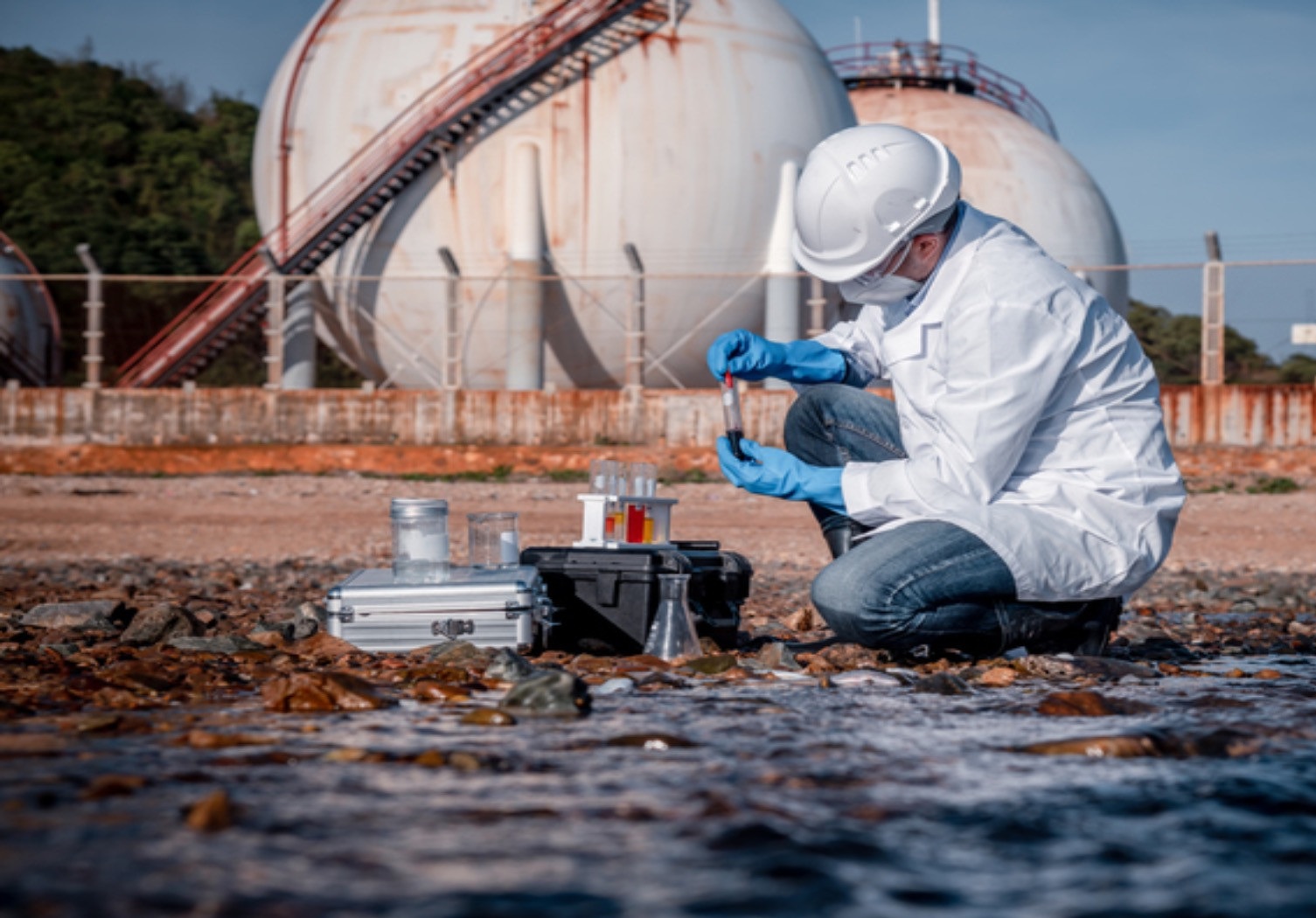Japan’s recent decision to release treated radioactive wastewater from the Fukushima Daiichi nuclear plant into the Pacific Ocean has sparked global concern and debate over its potential consequences for marine ecosystems and international relations. The Fukushima Daiichi nuclear disaster in 2011 left a legacy of contaminated water that has been accumulating ever since. Despite years of deliberation and consideration of alternative disposal methods, Japan announced in April 2021 its plan to discharge over one million tons of treated radioactive water into the sea, starting in 2023.
This decision has raised alarms among environmentalists, neighboring countries, and international organizations. Concerns focus on the potential environmental impact on marine life, fisheries, and the livelihoods of coastal communities. While Japan and the Tokyo Electric Power Company (TEPCO) argue that the released water will be treated to remove most radioactive contaminants, critics remain skeptical about the efficacy of the treatment process and the long-term consequences.
The disposal of nuclear wastewater into the ocean is not a novel practice. Many countries with nuclear facilities have used similar methods, arguing that dilution reduces the concentration of radioactive isotopes to safe levels. However, the scale and history of the Fukushima disaster make this decision particularly contentious. The Fukushima Daiichi plant continues to be a potent symbol of the risks associated with nuclear energy, and the release of wastewater serves as a stark reminder of its enduring legacy.
Internationally, the decision has strained Japan’s relations with neighboring countries, particularly South Korea and China, which have expressed strong opposition and concerns over potential contamination of their waters and seafood. Diplomatic tensions have escalated, with protests, official condemnations, and calls for reconsideration from affected countries and international bodies.
From a global perspective, the Fukushima wastewater issue raises broader questions about environmental stewardship, risk management in nuclear energy, and the responsibilities of nations in protecting shared resources like the oceans. It underscores the complexities of balancing environmental protection, public health concerns, and economic considerations in the management of technological disasters with transboundary impacts.
The scientific community continues to debate the potential consequences of Japan’s decision. Studies and modeling efforts are underway to assess the dispersion and environmental impact of released contaminants. Research suggests that while the dilution effect may reduce immediate risks, certain radionuclides could still pose ecological and health risks over time, depending on their behavior in the marine environment and bioaccumulation in marine organisms.
The Fukushima nuclear wastewater issue serves as a poignant case study in global environmental governance and the challenges of managing long-term technological hazards. It highlights the need for transparent communication, international cooperation, and robust monitoring and research efforts to mitigate risks and protect marine ecosystems.
Looking ahead, the international community faces the urgent task of establishing clear guidelines and protocols for the disposal of nuclear waste and addressing the broader implications of such decisions on global marine health. The Fukushima Daiichi disaster has left an indelible mark on the world’s understanding of nuclear safety and environmental resilience, challenging us to rethink policies and practices in the face of complex, interconnected challenges.

Leave a Reply to Nina Cancel reply